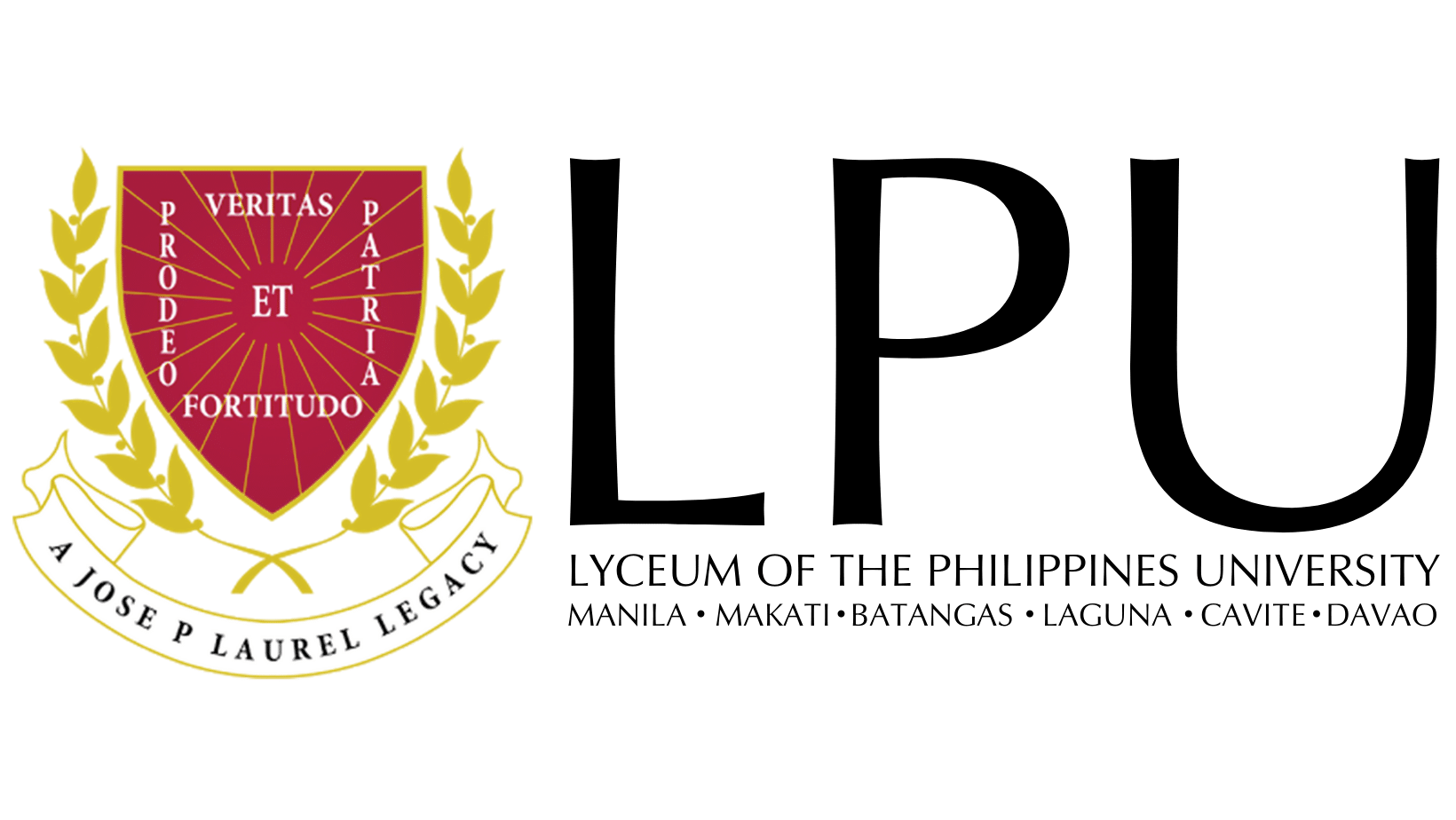SUSTAINABLE PROCUREMENT POLICY
Introduction:
As Lyceum of the Philippines University strives to be a recognized industry-driven university in the Asia Pacific Region, we recognize the pivotal role of procurement in advancing sustainability, innovation, and social responsibility. This Sustainable Procurement Policy outlines our commitment to integrating environmental, social, and ethical considerations into our procurement processes to drive positive impact and align with our institutional mission and vision.
Objectives:
- To lead by example in promoting sustainable procurement practices within the higher education sector and across industries in the Philippines and Asia Pacific Region.
- To embed environmental, social, and ethical considerations into our procurement decisions, fostering sustainability throughout our supply chain.
- To engage with external providers and employees in promoting awareness, collaboration, and continuous improvement in sustainable procurement practices.
Guiding Principles:
- We shall consider the procurement of goods and services that promote sustainable consumption.
- We shall conduct business with external providers who comply with applicable laws and regulations and commit to adhere to ethical principles in their business operations and supply chains.
- Sustainable procurement practices shall be integrated into our procurement processes without compromising quality, reliability, or cost-effectiveness.
- We shall commit to ongoing evaluation, measurement, and improvement of our sustainable procurement practices, learning from best practices and stakeholders’ feedback.
Procurement Criteria:
- Preference shall be given to request for products and services with environmentally preferable attributes, such as energy efficiency, non-toxic and recycled contents.
- External providers shall be assessed and accredited based on their capacity to meet the University’s requirements, as well as their compliance with the requirements of the regulatory bodies such as valid business permits and licenses.
- As part of accreditation criteria, external providers shall be required to sign an undertaking committing themselves to demonstrate ethical business conduct and anti-corruption measures, respect for intellectual property rights, and promote sustainability goals.
- Whenever feasible, we shall prioritize local suppliers to support the development of local economies, reduce transportation emissions, and enhance community resilience.
- We shall encourage external providers to innovate and offer sustainable solutions that meet our needs while advancing sustainability goals and fostering collaboration and creativity.
Implementation:
- We shall communicate our procurement policies and procedures, as well as our sustainability expectations to external providers and employees and collaborate with them to identify opportunities for improvement and innovation.
- Sustainable procurement practices shall be integrated into our procurement/purchasing procedures, ensuring consistency and alignment with our sustainability objectives.
- We shall provide training or capacity-building opportunities for staff involved in procurement to enhance their understanding of sustainable procurement principles and practices.
- We shall conduct awareness activities and initiatives to inform external providers about the importance of sustainable purchasing and their role in achieving sustainability goals.
- We shall establish mechanisms to monitor and measure current sustainable procurement practices for continuous improvement.
- We shall recognize suppliers who demonstrate exemplary performance in meeting the University’s requirements, encouraging continuous improvement and fostering a culture of sustainability across our supply chain.
Review and Revision:
This Sustainable Procurement Policy will be reviewed periodically to ensure its effectiveness, relevance, and alignment with our institutional vision and sustainability goals. Feedback from relevant stakeholders and insights from industry best practices will inform any necessary revisions or updates to the policy.

